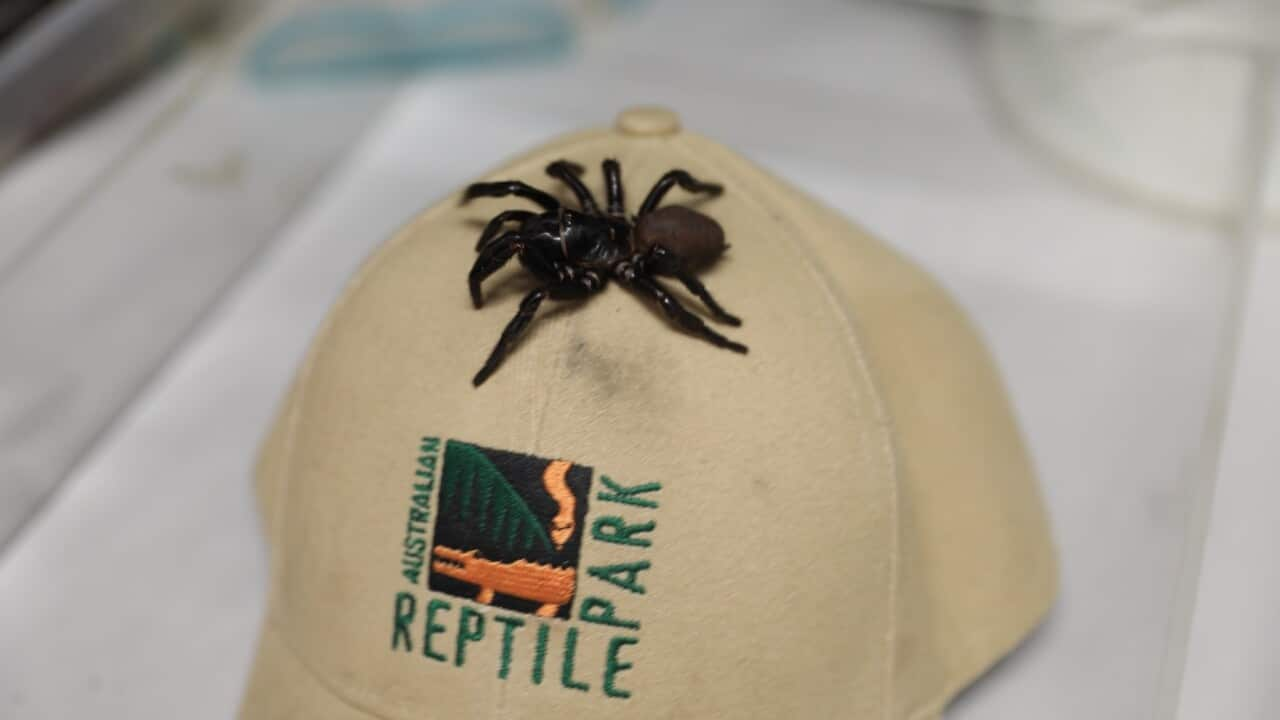Some might say it's what nightmares are made of.
As if Australia's reputation for life-threatening animals wasn't freaky enough, well now wildlife experts are warning there will be an abundance of venomous snakes and spiders around this summer.
Wet and humid weather, and an abundance of food available courtesy of the mouse plague that terrorised inland New South Wales, will lead to an increase in snakes and spider numbers over the next couple of months.
The Bureau of Meteorology recently declared a La Niña event developing in the Pacific Ocean, meaning much of north and east Australia is likely to experience a relatively damp and stormy summer.
New South Wales Poisons Information Centre senior pharmacist Genevieve Adamo says these weather conditions will result in more creepy crawlies, including spiders and snakes, in the vicinity of the home and coming out of their usual hiding places.
She says her team has already seen an increase in snake bites from this time last year.
Research suggests around 3,000 Australians will be bitten by a snake each year, with about 300 of those requiring antivenom treatment.
Australia has some of the most venomous animals in the world, ranging from the brown snake to the funnel-web spider.
According to figures from the Australian Institute of Health and Welfare, New South Wales residents are among those most likely to be bitten by snakes and spiders when out and about.
This summer's warning is particularly targeted towards recently arrived migrants to Australia or people from diverse backgrounds, where deadly animals that exist in Australia don't exist in their countries of heritage.
The Poisons Information Centre can be contacted on 13 11 26.




